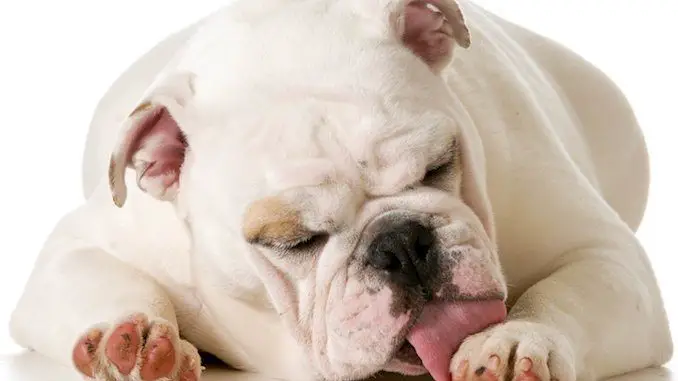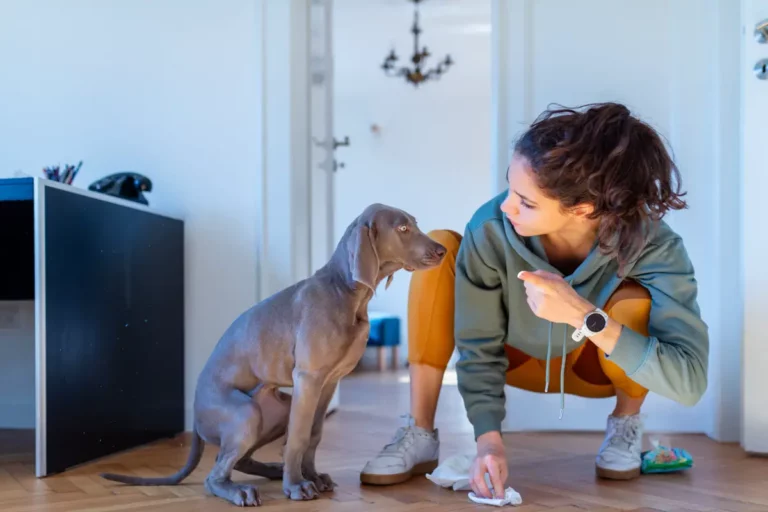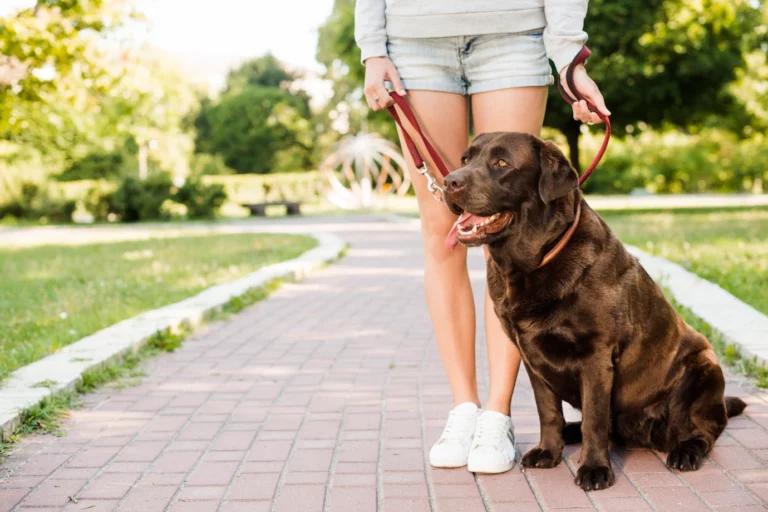How to Stop Your Dog from Pooping at Night: A Comprehensive Guide
As a dog owner, dealing with nighttime pooping can be a frustrating and challenging experience. Your once well-behaved canine companion suddenly begins having accidents during the night, causing messes and disturbing your sleep.
It’s crucial to understand that this behavior may stem from various factors such as dietary changes, stress, medical conditions, or aging.
In this comprehensive guide, we will explore the possible causes behind nighttime pooping and provide you with practical tips and solutions to help your furry friend regain control over their potty habits.
By addressing these issues, you can ensure a more restful night for both you and your pet while also promoting their overall well-being. So, let’s dive into the world of nighttime doggy doo-doo and figure out how to make it a thing of the past!
Key takeaways
Adjust Feeding Times: Shift your dog’s meals to earlier in the day to sync their digestion cycle with sleep time.
Limit Water Intake Before Bed: Too much water can stimulate bowel movements, so cut back a few hours before bedtime.
Regular Exercise: Keep your dog active during the day to encourage regular bowel movements.
Bathroom Break Before Bed: Make sure your dog goes outside to relieve itself right before sleep.
Rule Out Medical Issues: If the problem persists, consult a vet to eliminate the possibility of health issues causing nighttime pooping.
Understanding the Reasons Behind Nighttime Pooping
Before we delve into potential solutions, it’s crucial to understand the factors that may contribute to your dog’s nighttime pooping. By pinpointing the cause, you’ll be better equipped to tackle the issue effectively.

1. Changes in diet or feeding schedule
A sudden change in your dog’s food or feeding routine can disrupt their digestive system, leading to accidents at night. Dogs thrive on consistency, so it’s essential to maintain a stable diet and regular feeding times.
2. Anxiety and stress
Just like humans, dogs can experience anxiety and stress, which may result in unwanted nighttime accidents. Factors like a new home, the addition of a new family member, or changes in routine can lead to increased stress levels in your dog.
3. Medical conditions
Various health issues, such as gastrointestinal problems, urinary tract infections, or kidney issues, can cause nighttime pooping. If you suspect that a medical condition may be the culprit, it’s essential to consult your veterinarian for a proper diagnosis and treatment plan.
4. Aging and loss of control
As dogs age, they may experience a decline in muscle strength and control, making it harder for them to hold their bowel movements overnight. In such cases, it’s vital to provide extra support and care for your senior dog.
5. Lack of exercise
Regular exercise plays a significant role in maintaining healthy bowel movements. Insufficient physical activity may cause your dog’s digestive system to become sluggish, leading to nighttime accidents.
By understanding the potential causes of your dog’s nighttime pooping, you can take a targeted approach to address the issue and help your furry friend regain control over their potty habits.
How to Address Diet and Feeding Schedule Issues
One of the most common reasons behind nighttime pooping is changes in diet or feeding schedules. To tackle this problem, you’ll need to consider the following factors:
1. Gradual diet transitions
If you need to switch your dog’s food, it’s essential to do so gradually to avoid upsetting their digestive system. Start by mixing a small amount of the new food with their current food, then gradually increase the proportion of the new food over the course of 7-10 days. This will allow your dog’s body to adjust to the change, reducing the risk of nighttime accidents.
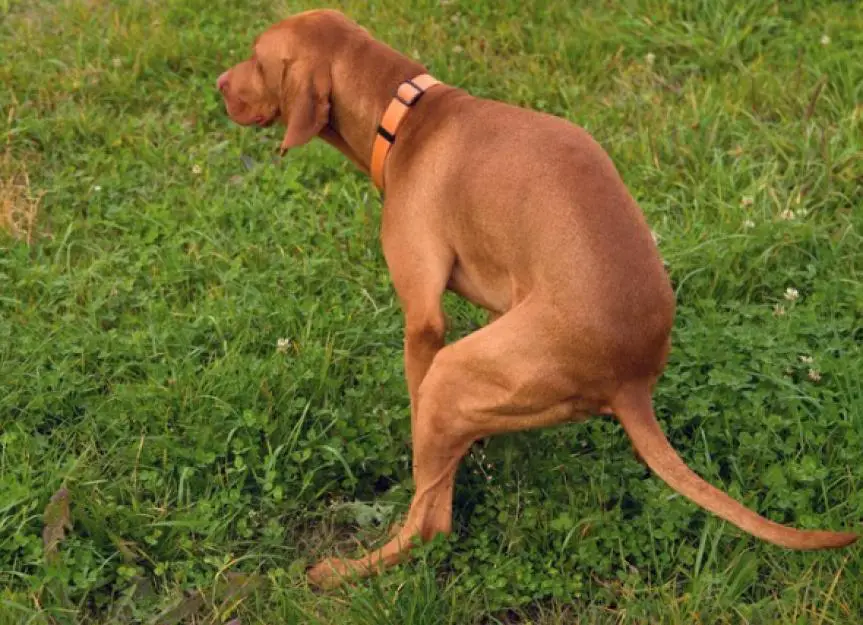
2. Maintaining a consistent feeding schedule
Feeding your dog at consistent times each day can help regulate their digestive system and reduce the likelihood of nighttime pooping. Ideally, your dog should be fed at least 3-4 hours before bedtime to allow enough time for digestion and a potty break before sleep.
3. Avoiding late-night snacking
Late-night treats can contribute to nighttime pooping issues. Instead of providing snacks close to bedtime, try offering them earlier in the evening, or opt for low-calorie, easily digestible options that won’t disrupt your dog’s digestive system.
4. Monitoring food intake and quality
Ensuring your dog is consuming an appropriate amount of food and receiving a well-balanced, high-quality diet is essential for their overall health and digestive function. Overfeeding or providing low-quality food can lead to digestive upset and increase the likelihood of nighttime pooping.
By focusing on your dog’s diet and feeding schedule, you can help prevent nighttime accidents and ensure that their digestive system is functioning at its best. Remember that consistency is key, and providing a stable routine will go a long way in supporting your dog’s digestive health.
Reducing Anxiety and Stress in Your Dog
Anxiety and stress can contribute to nighttime pooping issues in dogs. To address these factors and help your dog feel more at ease, consider the following strategies:
1. Identifying the triggers
Determine the factors causing stress or anxiety in your dog. These may include changes in their environment, unfamiliar people or animals, or alterations in their routine. Once you’ve identified the triggers, take steps to minimize their impact on your dog.
2. Providing a comfortable sleeping environment
Ensure that your dog has a quiet, comfortable, and safe place to sleep. A cozy dog bed or crate in a low-traffic area of your home can help reduce stress and provide a sense of security for your pet.
3. Utilizing calming aids
Consider using calming aids to help your dog relax, such as pheromone diffusers, calming treats, or anxiety vests. These products can help reduce stress and anxiety levels in your dog, potentially minimizing the likelihood of nighttime pooping accidents.
4. Ensuring consistent routines
Dogs thrive on routine, and maintaining a consistent schedule for feeding, walks, playtime, and bedtime can provide a sense of security and stability. This consistency can help alleviate stress and anxiety, reducing the risk of nighttime accidents.
By addressing the root causes of your dog’s stress and anxiety, you can help them feel more relaxed and secure, ultimately reducing the likelihood of nighttime pooping. Remember that patience and understanding are crucial as you work to support your dog through this process.
Medical Conditions and the Importance of Veterinary Care
If you suspect that a medical issue may be causing your dog’s nighttime pooping, it’s crucial to consult your veterinarian. Medical conditions that could contribute to this problem include:
1. Identifying potential health issues
Various health issues, such as gastrointestinal problems, urinary tract infections, or kidney disease, can cause nighttime pooping. Be vigilant in observing your dog’s overall health and behavior, and don’t hesitate to contact your vet if you notice anything unusual.
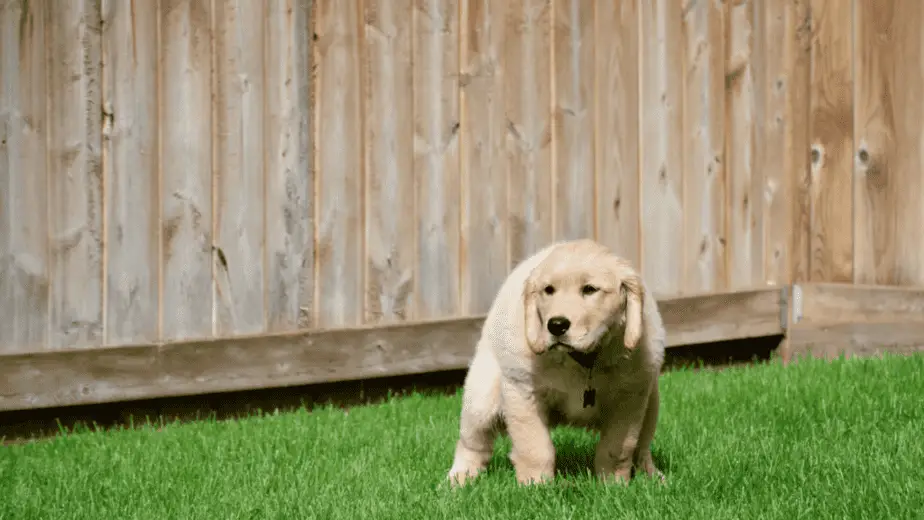
2. Scheduling regular vet check-ups
Routine veterinary care is essential for maintaining your dog’s overall health and identifying potential problems early on. Regular check-ups can help catch issues that may contribute to nighttime pooping, allowing for prompt treatment and resolution.
3. Following your vet’s advice on treatment and care
If your vet diagnoses a medical issue that may be causing your dog’s nighttime pooping, it’s vital to follow their recommendations for treatment and care. This may involve medications, dietary changes, or additional supportive measures to help your dog regain control over their bowel movements.
4. Medications and supplements for bowel control
In some cases, your veterinarian may recommend medications or supplements to help regulate your dog’s bowel movements. Always follow your vet’s instructions when administering these products to ensure their safety and effectiveness.
By addressing any underlying medical issues and working closely with your veterinarian, you can help your dog regain control over their nighttime pooping habits. Remember that your vet is an invaluable resource, and their guidance is essential for ensuring your dog’s health and well-being.
The Impact of Aging and How to Support Older Dogs
As dogs age, they may experience a decline in muscle strength and control, which can make it challenging for them to hold their bowel movements overnight. If you have a senior dog dealing with nighttime pooping, consider these supportive measures:
1. Recognizing age-related incontinence
Aging dogs may develop age-related incontinence, which can contribute to nighttime pooping. Be aware of this possibility and discuss any concerns with your veterinarian.
2. Encouraging bathroom breaks before bedtime
Ensure your senior dog has ample opportunities to eliminate before bedtime. A short walk or potty break just before bed can help reduce the likelihood of nighttime accidents.
3. Providing easy access to potty areas
Older dogs may have difficulty navigating stairs or reaching designated potty areas, especially at night. Make sure your dog has easy access to an appropriate spot to eliminate, whether that’s outside or on an indoor potty pad.
4. Utilizing dog diapers or pads for seniors
Dog diapers or absorbent pads can provide extra protection and peace of mind for both you and your senior dog. They can help manage nighttime accidents while you work to address the underlying causes.
Supporting your aging dog through these challenges requires patience, understanding, and a commitment to providing the best care possible. By taking these steps, you can help your senior dog maintain their dignity and comfort while addressing the issue of nighttime pooping.
Encouraging Exercise and Mental Stimulation
Regular exercise and mental stimulation are vital for your dog’s overall well-being and can play a significant role in preventing nighttime pooping. Here’s how you can promote a healthy, active lifestyle for your dog:
1. Scheduling daily walks and playtime
Ensure your dog gets sufficient physical exercise through daily walks and play sessions. Adequate exercise can help regulate their digestive system and prevent constipation, which can contribute to nighttime accidents.
2. Introducing puzzle toys and games
Mental stimulation is just as important as physical activity for your dog. Puzzle toys, treat-dispensing toys, and interactive games can help keep your dog’s mind engaged and reduce stress, further minimizing the likelihood of nighttime pooping.
3. Offering socialization opportunities with other dogs
Social interaction with other dogs can provide both physical exercise and mental stimulation for your pet. Arrange playdates, visit dog parks, or enrol your dog in a doggy day care to ensure they have ample opportunities to socialize and stay active.
4. Balancing physical and mental stimulation
While exercise and mental stimulation are essential, it’s crucial to strike a balance between the two. Overstimulation or excessive exercise can also lead to stress, so make sure to provide your dog with adequate rest and relaxation as well.
By promoting an active, engaged lifestyle for your dog, you can support their overall health and reduce the chances of nighttime pooping. Consistently incorporating exercise and mental stimulation into your dog’s daily routine will help keep their digestive system functioning smoothly and alleviate potential stressors that may contribute to accidents.
Training Tips to Reinforce Good Potty Habits
Establishing and reinforcing good potty habits can help prevent nighttime accidents in your dog. Consider the following training tips to support your dog’s nighttime potty control:
1. Establishing a routine bathroom schedule
Create a consistent schedule for bathroom breaks, including a potty break just before bedtime. This routine can help your dog learn when to expect opportunities to eliminate and encourage them to hold their bowel movements until the appropriate time.
2. Using positive reinforcement for successful potty breaks
When your dog successfully eliminates outside or in the designated potty area, offer praise, treats, or playtime to reinforce their good behavior. Positive reinforcement can help your dog associate successful potty breaks with rewards, encouraging them to maintain good habits.
3. Reacting calmly to accidents
If your dog has an accident at night, avoid scolding or punishing them. Instead, calmly clean up the mess and reassess your dog’s routine, diet, or potential stressors that may be contributing to the issue. Negative reactions can increase anxiety and make the problem worse.
4. Seeking professional help when necessary
If you’re struggling to resolve your dog’s nighttime pooping issue, consider enlisting the help of a professional dog trainer or behaviorist. These experts can provide guidance, support, and tailored strategies to address your dog’s specific needs.
Patience, consistency, and understanding are key when training your dog to overcome nighttime pooping issues. By following these tips and taking a proactive approach to addressing the underlying causes, you can help your furry friend regain control over their potty habits and enjoy more restful nights.
Frequently Asked Questions
How long does it take to resolve nighttime pooping issues in dogs?
The time it takes to resolve nighttime pooping issues depends on the cause, the dog’s age, and the consistency of the owner’s approach. It may take a few days to a few weeks or longer to see improvements.
Can crate training help with nighttime pooping?
Crate training can help with nighttime pooping, as it creates a safe and comfortable space for your dog. Dogs are less likely to soil their sleeping area, so using a crate can encourage better potty habits.
What if my dog is already house-trained but suddenly starts pooping at night?
If a previously house-trained dog starts pooping at night, it’s essential to identify any changes in their environment, diet, or health that may be causing the issue. Consult your vet and take necessary steps to address the root cause.
Is it okay to punish my dog for pooping at night?
Punishing your dog for pooping at night is not recommended. Instead, focus on positive reinforcement and address the underlying causes. Negative reactions can increase your dog’s anxiety and make the issue worse.
Final Thoughts
Dealing with nighttime pooping in dogs can be challenging and frustrating for pet owners, but with a comprehensive understanding of the potential causes and a dedicated approach to addressing the issue, you can help your dog regain control over their potty habits.
By considering factors such as diet, stress, medical conditions, aging, exercise, and training, you can develop a targeted plan to support your furry friend and prevent nighttime accidents.
Remember that patience, consistency, and understanding are key in helping your dog overcome this issue, and don’t hesitate to seek professional guidance from your veterinarian or a dog trainer if necessary.
Ultimately, by tackling the problem head-on, you can ensure a happier, healthier, and more restful home environment for both you and your beloved canine companion.
Additional Resources:
- Help! Dog Suddenly Waking Up In The Middle Of The Night To Poop – Oodle Life
- Why Your Dog Has Started Pooping in the House (and How to Stop It) – PetHelpful
- How To Stop Dog Pooping At Night – Dog Training Tips (howtododogtraining.com)
- Why is My Dog Suddenly Pooping in the House at Night? (marinpetwasteremoval.com)

